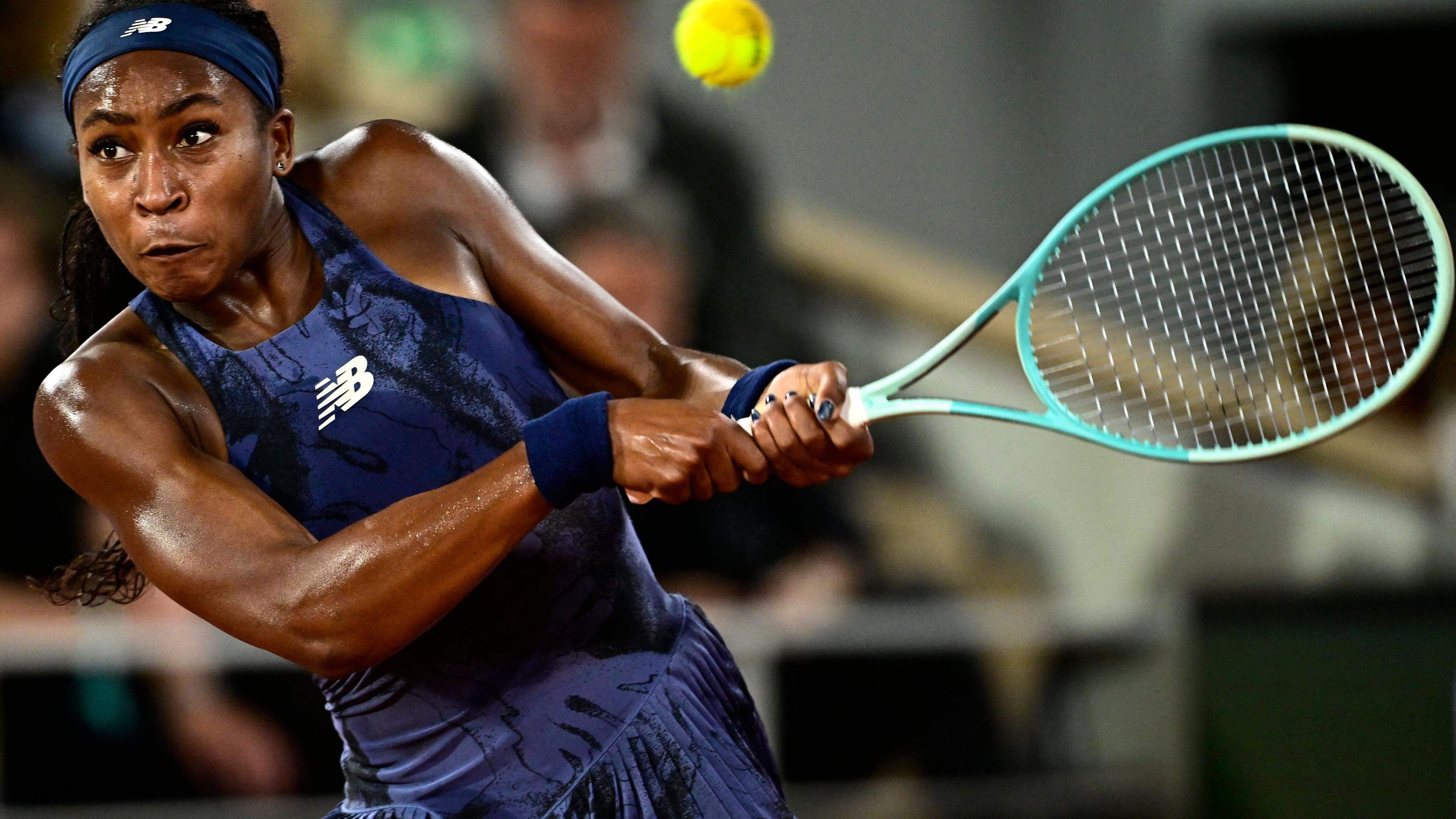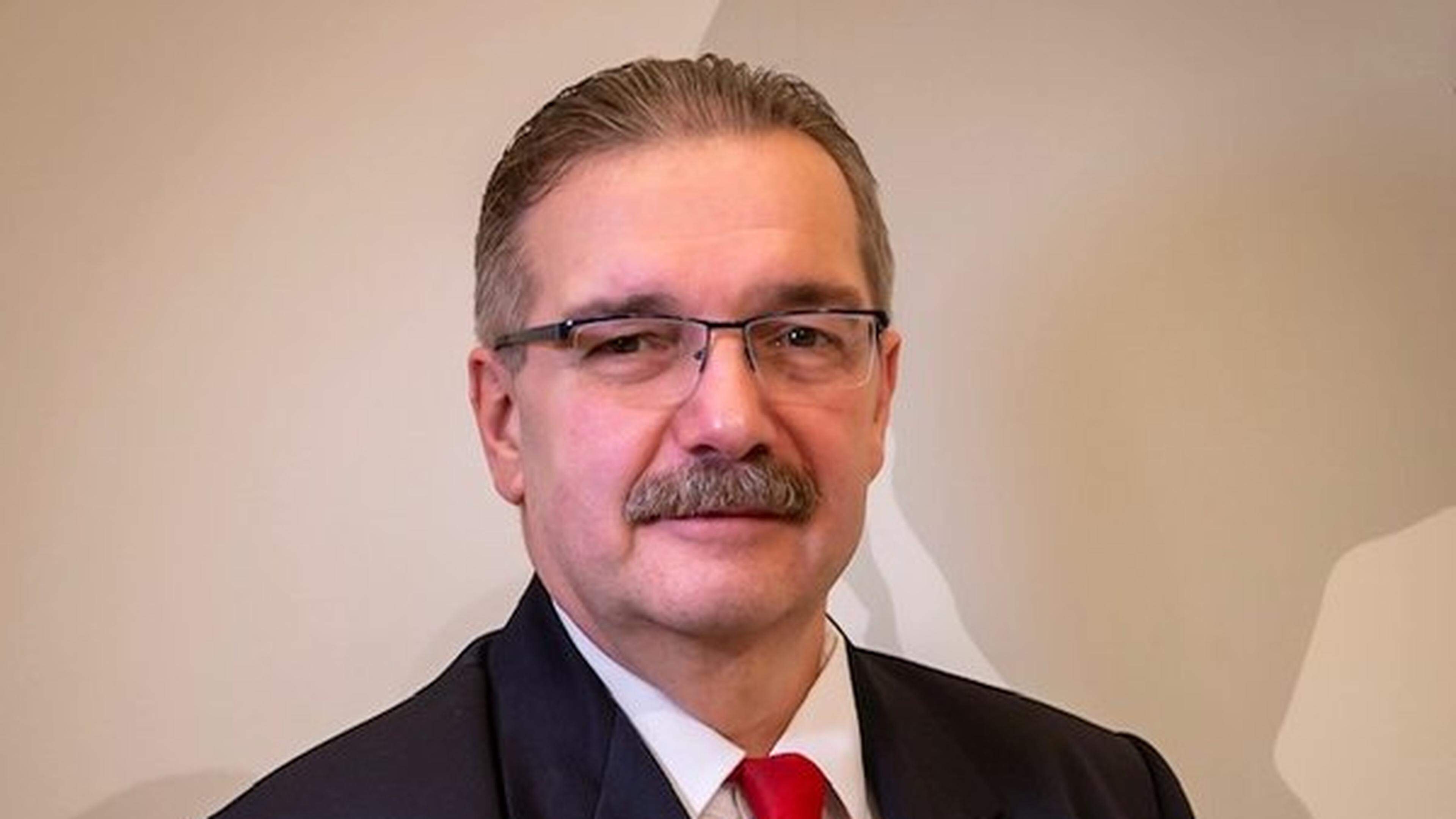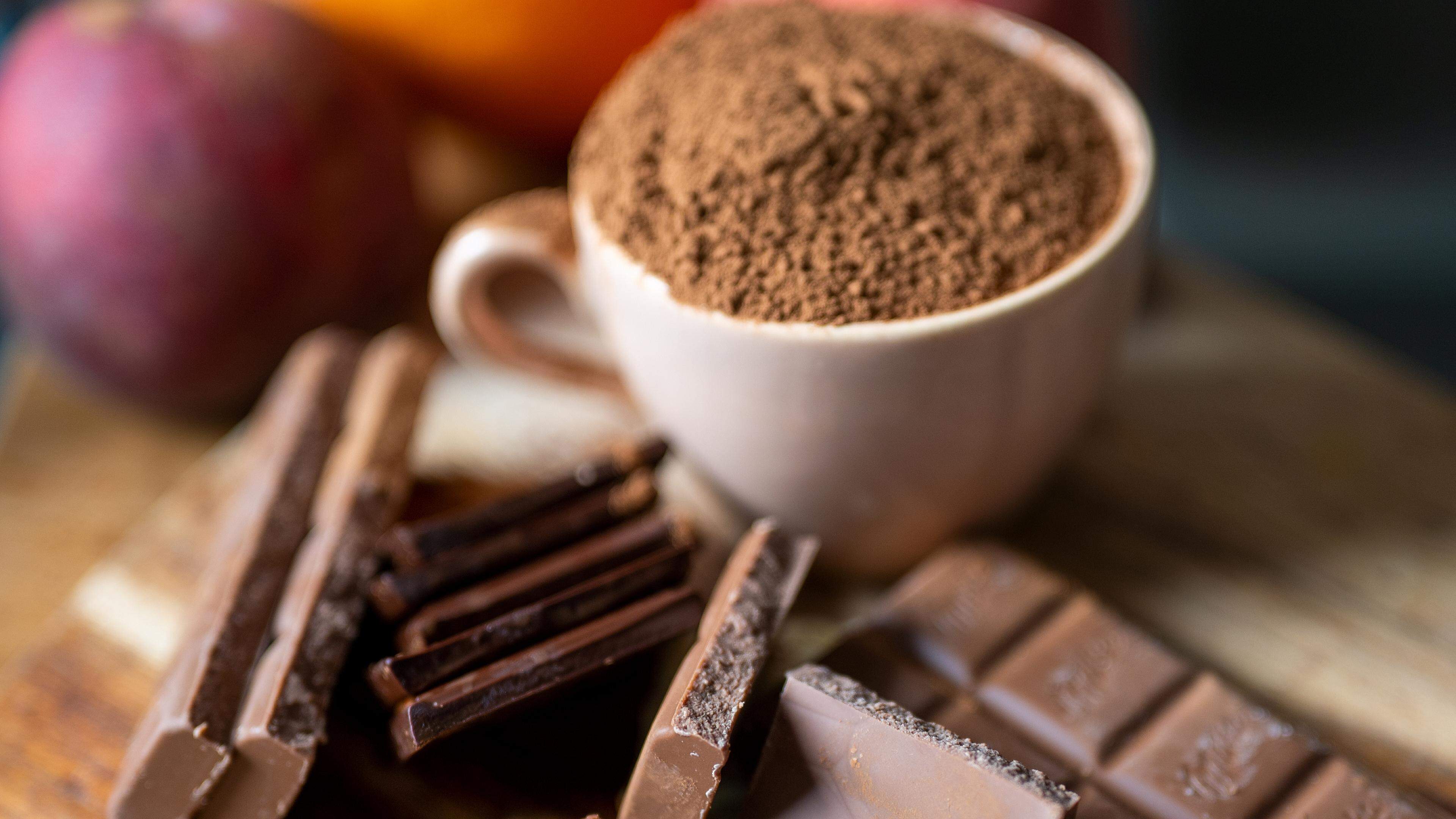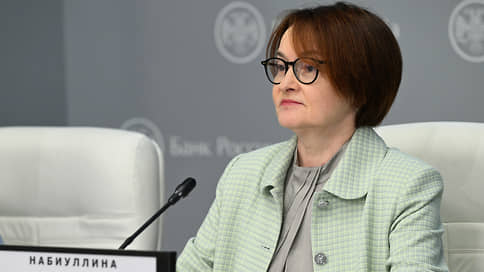Trump threatens to « secondary doctor » and invents new trade instrument
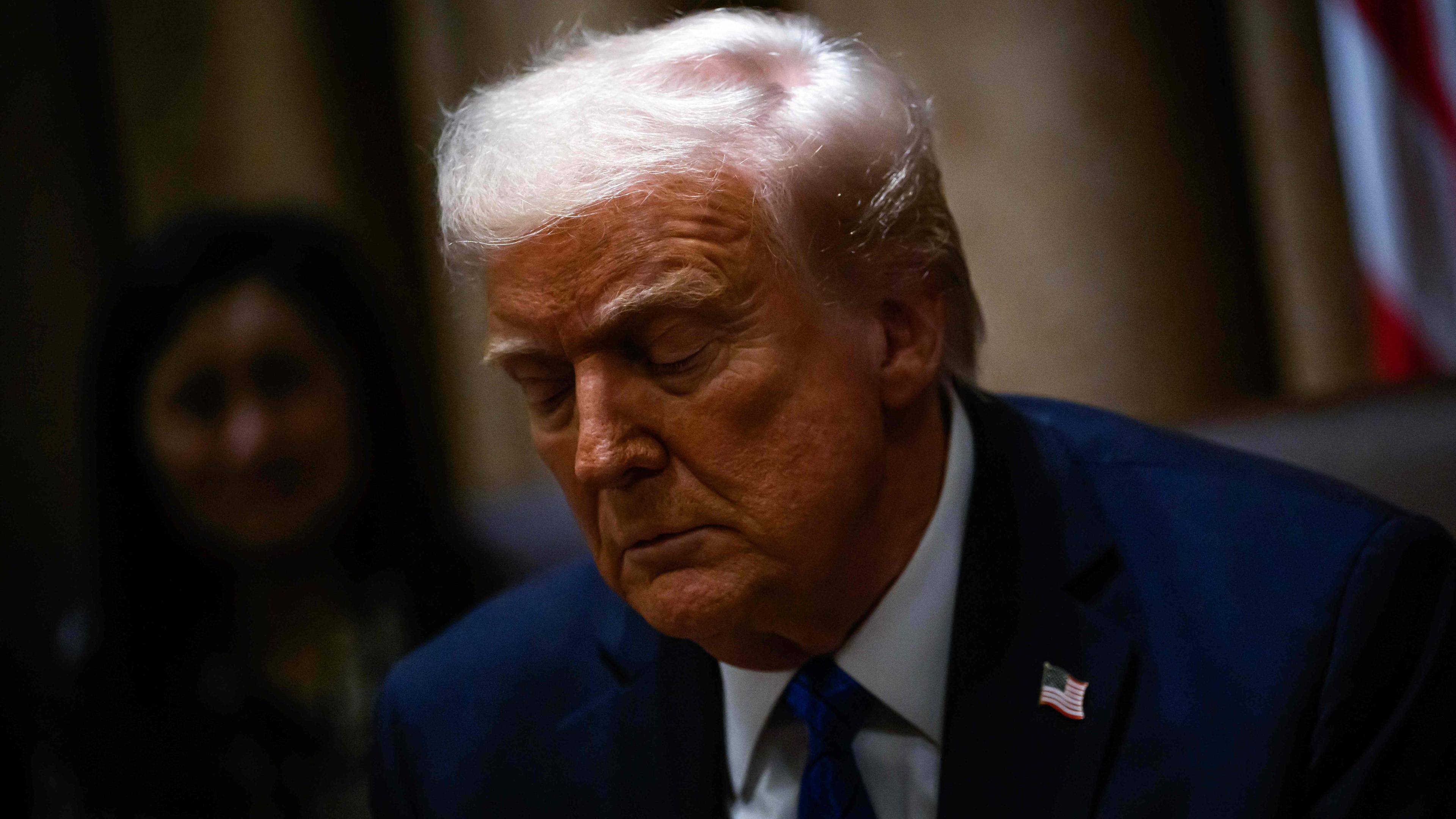
Again something new from the Oval Office: Donald Trump raised a previously unknown tool in economic policy with the secondary doctors he named.
As soon as the threat of a contribution was transmitted to Truth Social, the implementation regulations of the US President came. The measure is intended to continue to put pressure on the country, which is already occupied by the United States, in which the export of oil and gas is made impossible for him.
Trump accuses the government in Caracas to have sent “tens of thousands” to the USA, some of which were serious criminals.
Printing agents for external and domestic goals
The new approach is part of Trump’s strategy to use America’s economic power as a means of pressure for its foreign and domestic goals.
« This is a new concept in the economic warfare, » said Francisco Monaldi, director of Latin American energy policy at the Baker Institute for Public Policy at Rice University in Houston. « How can this be enforced? This is of course unclear. »
With the threat, Trump seemed to invent a combination of tariffs and so -called secondary sanctions, the financial penalties that can be imposed against other countries or people who do business with sanctioned companies. The goals of his « secondary physicians » could be very different in view of the fact that Venezuelan oil goes to the USA, Spain, India and the Black Market.
China is the main actor against whom this is directed.
The first three countries are covered by licenses to Chevron, Repsol and Reliance Industries. The black market is dominated by China.
« China is the main actor against whom this is directed because it is essentially the black market for Venezuelan oil, » says Monaldi. « If China didn’t exist, they would not have to collect secondary doctors. »
Customs as a negotiating instrument
Trump’s decree transmits Foreign Minister Marco Rubio to decide whether the 25 percent tariffs will be raised to a country on April 2 that imports Venezolan oil directly or indirectly.
If China is imposed on such a customs, this would also apply to Hong Kong and Macau. China was the only country next to Venezuela that was named in the arrangement.
In contrast to tariffs, Trump considers sanctions to be potentially harmful to the dollar and « everything that stands for the dollar ». However, tariffs could be used as a negotiating instrument and the increase in income.
Customs offer the possibility of determining the amount of the punishment. Trump could increase it for countries that buy oil from Venezuela, i.e. to 30 percent or more if they continue to face US politics-or slowly reduce the percentage if they make progress in fulfilling the US demands.
« Sometimes he sees tariffs as a form of sanction, » said Josh Lipsky, the senior director of the Geoeconomy Center of the Atlantic Council, with a view to Trump. « He believes that financial sanctions lead to density, he has made it clear since the election campaign. »
Trump’s predecessor Joe Biden may have expanded the use of economic policy instruments. Trump, on the other hand, « creates completely new ones, » says Lipsky.
For Trump, customs duties are not a winner game, but a win-win.
Finance Minister Scott Bessent has described Trump’s use of tariffs in three categories – as an instrument to put pressure on negotiations, as a source of income in order to compensate for the costs of extending the tax reductions from 2017, and as a possibility to compensate for trading in favor of the USA.
Trump has shown interest in all three of these ideas, sometimes even at the same time. At the beginning of his second term, he threatened the country of Colombia with sanctions, tariffs, visa cuts and a whole series of other punishments because it refused to take up deported migrants. The Colombian government quickly steered because it feared a costly trade war with the USA.
EU and the USA negotiate about customs dispute
For Trump, tariffs are not a winner-loser game, but a « win-win », said Peter Harrell, former director of international economy and competitiveness at the National Security Council of the White House. « Trump is of the opinion that tariffs have the advantage that you at least get some money, even if the goal does not give in and you have to impose the tariffs. »

